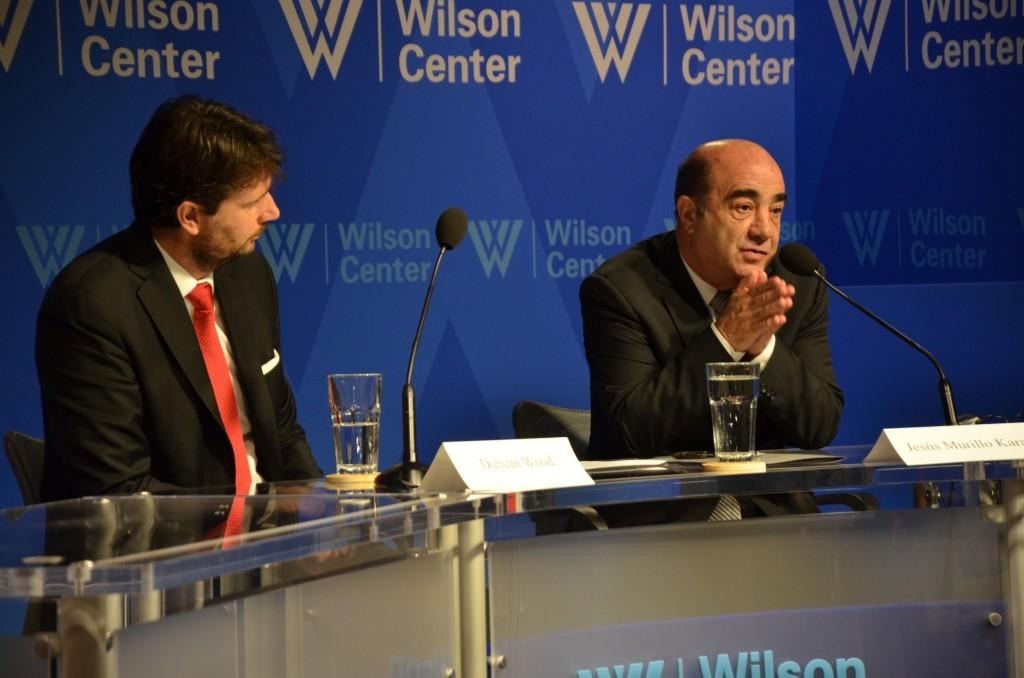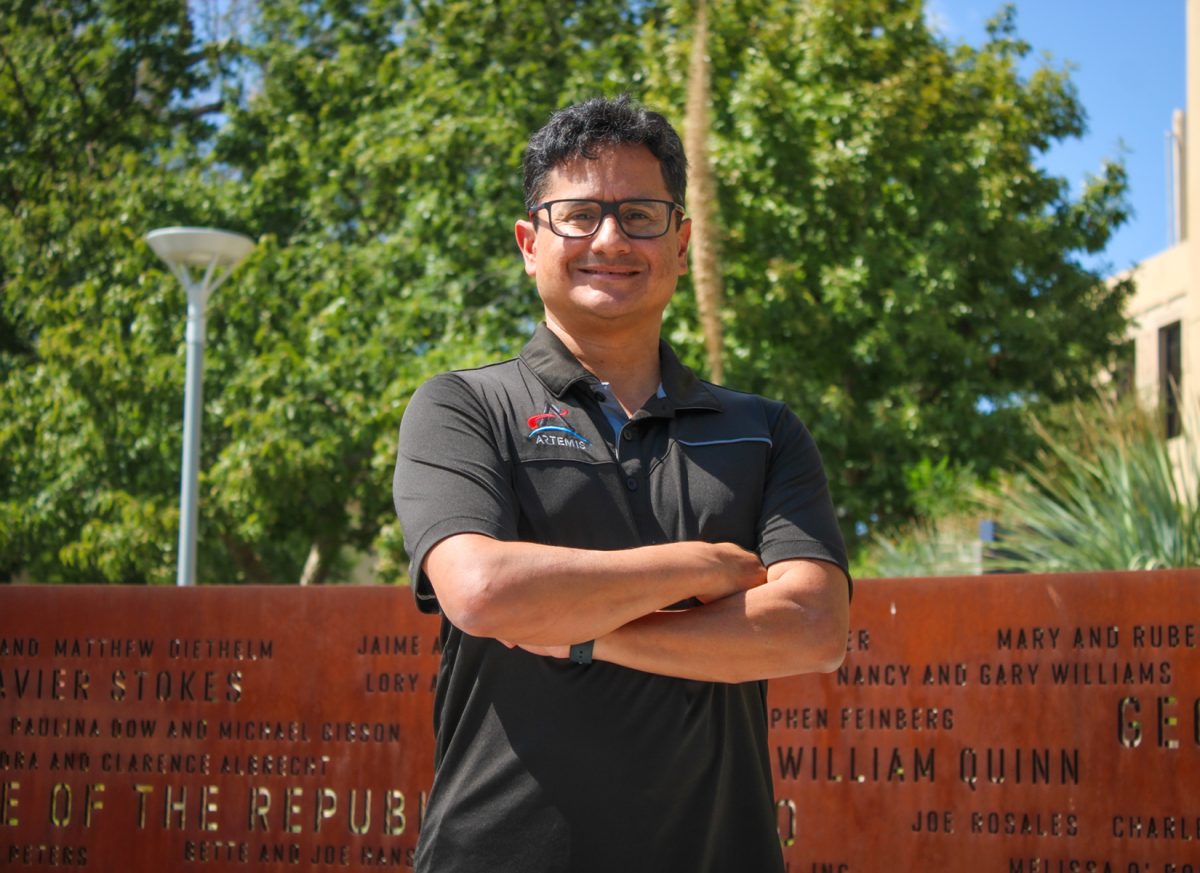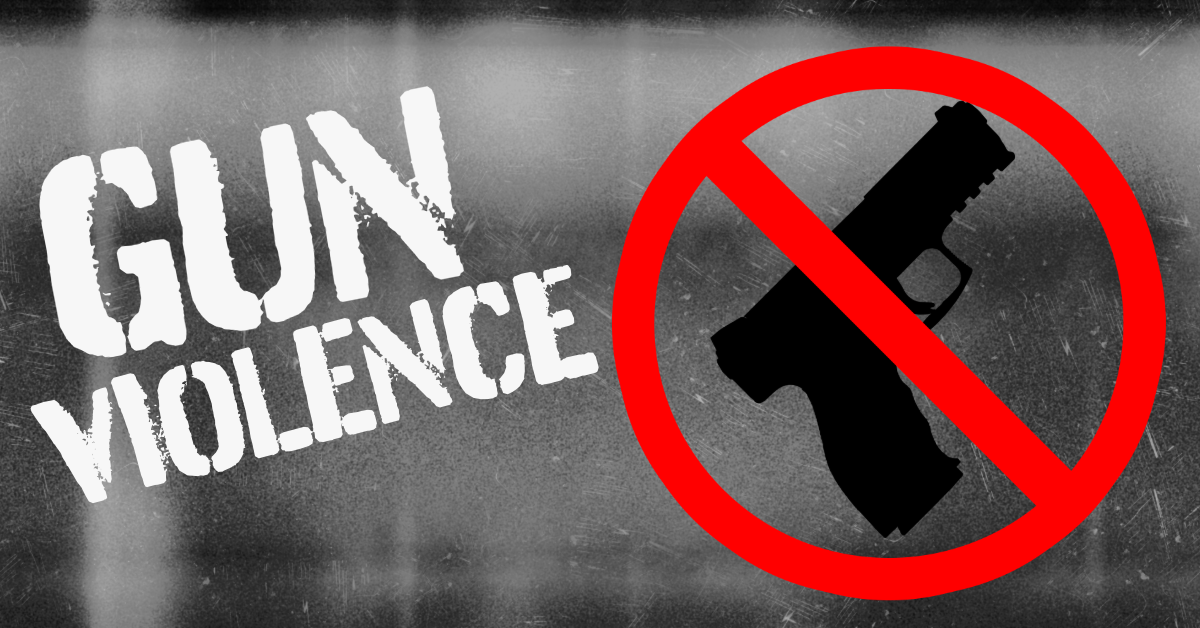WASHINGTON – Mexico’s Attorney General said Tuesday that his country has begun to see “efficient results” as it continues to enforce judicial reform.
Jésus Murillo Karam, who was appointed attorney general late last year, cited the capture in the last nine months of more than half of the most-wanted criminals in the U.S. and Mexico and state-federal government cooperation leading to a noticeable decrease in violence.
Murillo Karam provided the update on the country’s judicial reform at the Woodrow Wilson Center in a discussion held in Spanish. He met with U.S. Attorney General Eric Holder on Monday.
Murillo Karam said Mexico and the U.S. are working to “find better ways for the citizens of each country to have a better guarantee of justice and certainty in terms of what can be done without harming the future, or future generations of each country.”
However, he said that partnerships between Mexico and the U.S., such as the Merida Initiative, could “use modifications.”
The Merida Initiative is an organized crime-fighting initiative between the two countries.
The changes in strategy in the judiciary system, he said, came as a response to the change in organized crime in Mexico, which went from livestock rustling to money laundering and drugs.
“They produced brutal violence against institutions that were not made for that, that weren’t prepared for that type of crime,” he said.
Judicial reform, which passed in 2008, eliminated a system in which those charged with a crime were presumed guilty and trials were closed to the public.
Now, those accused of a crime are presumed innocent until proven guilty, can gather their own evidence and are tried in a public courtroom.
Duncan Wood, director of the Mexico Institute at the Wilson Center, said some states that have especially made progress include Chihuahua and Baja California.
Coordinating with state and city officials, Murillo Karem said, was of most importance in putting new policies into effect. The attorney general’s office and the office of the interior meet monthly with state officials to avoid discrepancies or competition, he said.
“There, the decisions we find most fitting and correct are taken; and these, I think, are yielding results,” Murillo Karam said.
He said that, although relations between the U.S. and Mexico aren’t good as they were under former Mexican President Felipe Calderón, he looks to the U.S. for ways to address shared interests. He said, for example, the way in which the U.S. handles gangs could be useful in Mexico.
“This works very well in (Ciudad) Juarez, but could have a much wider implementation,” he said.
Wood said the discussion served “to strengthen the mutual understanding between the two countries, to strengthen the understanding here of the process of transforming justice in Mexico and really to understand how complex the process is.”
Reach reporter Andres Rodriguez at [email protected] or 202-326-9871.





